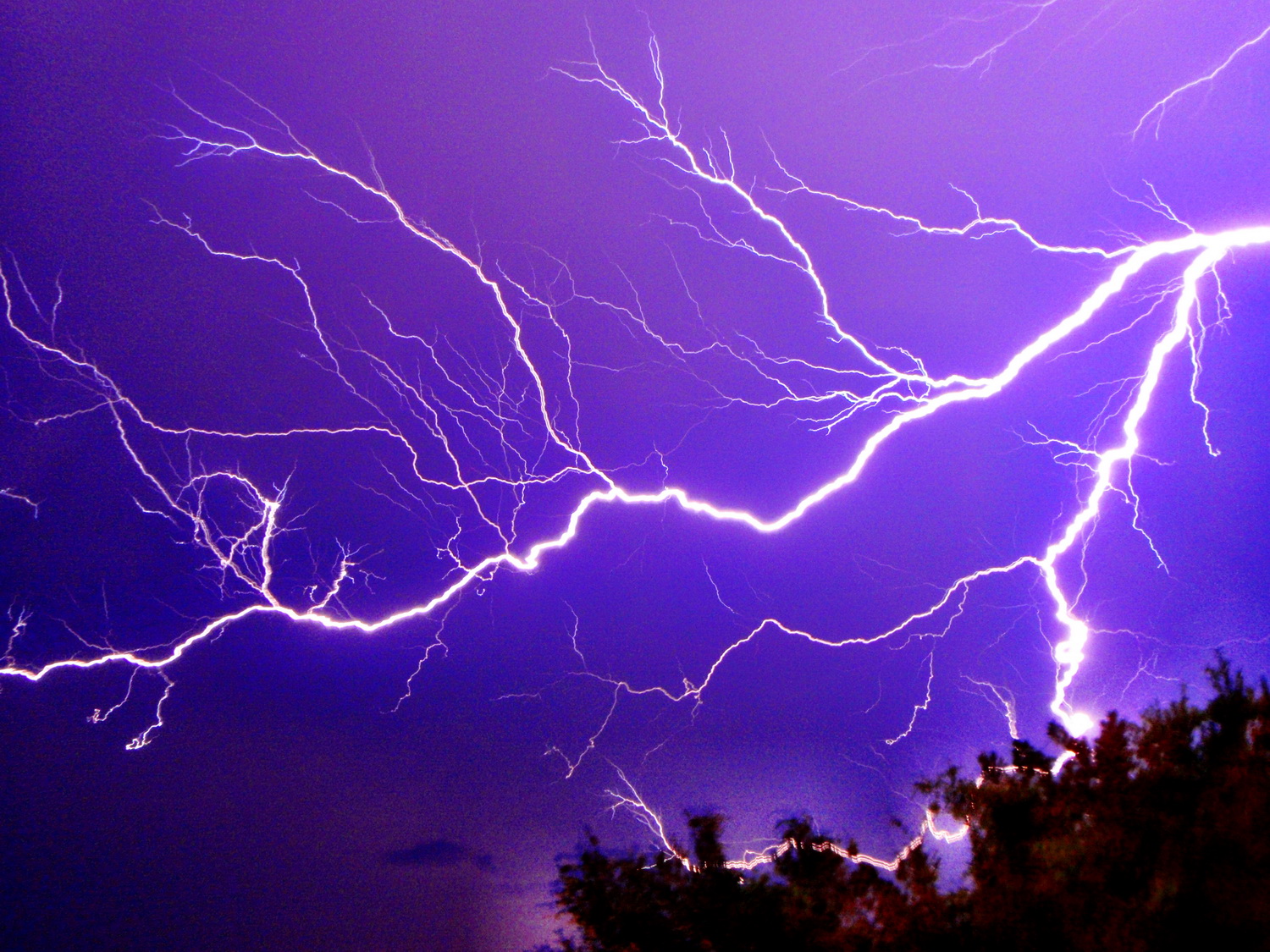Although debated, Oct. 29, 1969, is our choice as Day One of the Internet (which would make it 44 years old today) for a good reason. That was when the very first message moved between the first two computers connected on the new network designed to link the numerous computer science projects funded by the government that later led to the birth of USENET.
It was one of the first big trials of a then-radical idea: Networking computers to each other. The men who symbolically turned the key on the connected world we know today were two young programmers, Charley Kline at UCLA and Bill Duvall at SRI in Northern California, using special equipment made by BBN in Cambridge, Massachussetts.
The Internet started as a Department of Defense project, designed by its Advanced Research Projects Agency. Thus, the Internet was first called ARPAnet. By the 1970s, the Department of Defense expanded ARPAnet to include several research universities and laboratories.
It wasn’t too long after that in 1979 that Tom Truscott and Jim Ellis, two grad students at Duke University, and Steve Bellovin at the University of North Carolina establish the first USENET newsgroups. Users from all over the world join these discussion groups to talk about the net, politics, religion and thousands of other subjects.
And USENET is still here today, all due to the tremendous impact made on this fateful day 44 years ago. If not for ARPANET, Thundernews and all the benefits of USENET newsgroups wouldn’t be here today.




